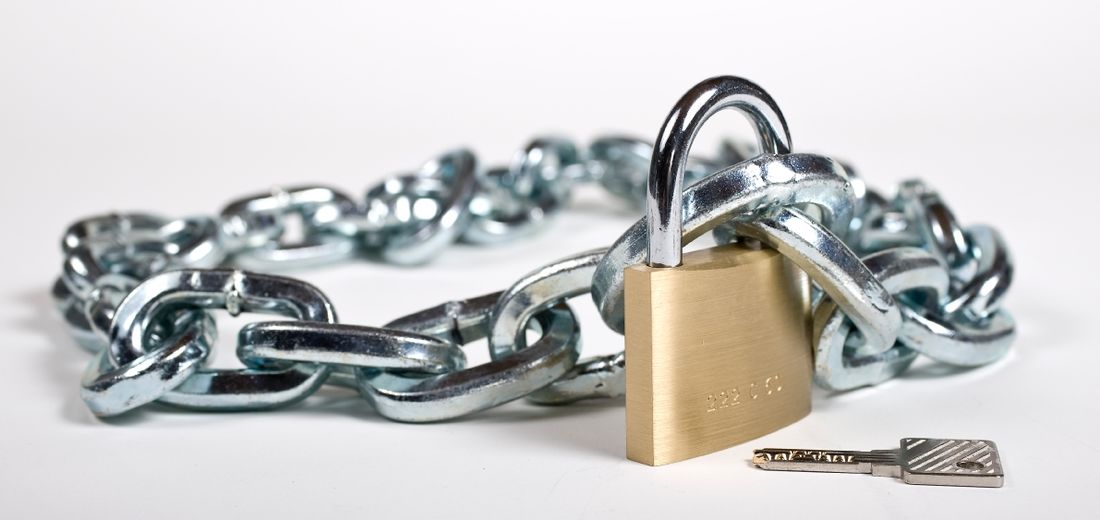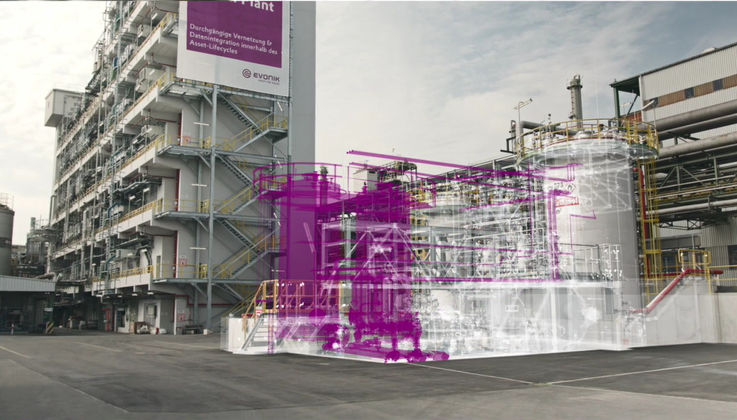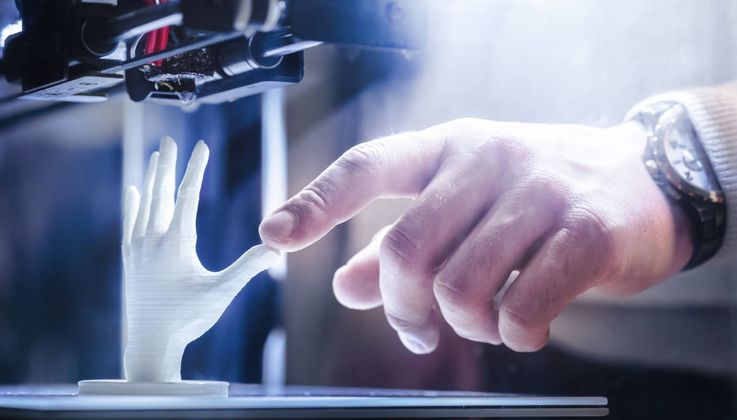
Blockchain and distributed ledger technology
Sharing beats ownership
With blockchain and distributed ledger technology, employees of Evonik Digital GmbH are making complex processes between suppliers, freight forwarders, and customers more efficient.
The sale of industrial products is complex. It is not as simple as the sale of a hot dog at the stadium. Instead, process chains are initiated, full of countless pieces of information – not only at the order stage, and in production, but also at the quality control stage, in logistics, in invoice verification and payment. All this costs time - and money. This is particularly evident in the case of transactions between corporate groups, where products are reciprocally ordered, delivered and billed. Each year, Evonik and some of its partners will issue each other more than 20,000 invoices. Each of these is checked, bank transfers are made, fees are incurred.
Employees of Evonik Digital GmbH, the finance department and IT want to change this: They want to use distributed ledger technology (DLT). Up to now, almost every business transaction was a one‑to‑one transaction: Between customer and supplier, between supplier and freight forwarder, and between all participants and their relevant bank. DLT enables the participants to monitor all transactions in real time by documenting them simultaneously, uniformly, and binding for all, on all computers of the system. This sharing of information enables not only improved coordination in logistics, for example. Billing also becomes more efficient.
One payment per month
Banks with a license for electronic euros (e€) are permitted to carry out digital settlement using DLT in real time. No more IBAN transfer forms, no SWIFT transactions, no more waiting times. Money will no longer be transferred from accounts. Instead, the claims of supplier and customer will be offset against each other within the system. Once each month, the overall difference arising from all invoices will be paid. With the use of blockchain technology, DLT and the parallel documentation of all transactions will become extra secure against counterfeiting. This technology, which was recently in the headlines as a basis for crypto currencies, ensures that all participants are always up to date and any manipulation would be identified immediately.
However, blockchain can do more than that. At Evonik’s Goldschmidtstraße site, for example, the prototype of an “intelligent pallet” is to be tested. The pallet itself documents what happens to the goods on the pallet during its journey. Sensors on the pallet can record locations, timestamps, temperatures or transport conditions. The data is documented counterfeit-proof and decentrally via blockchain for all participants. The advantage: As soon as the predefined conditions for staging, transport and warehousing have been fulfilled, the system can independently create an invoice – fully automatically and, thanks to blockchain, the process is counterfeit-proof and 100 percent transparent for all participants.



